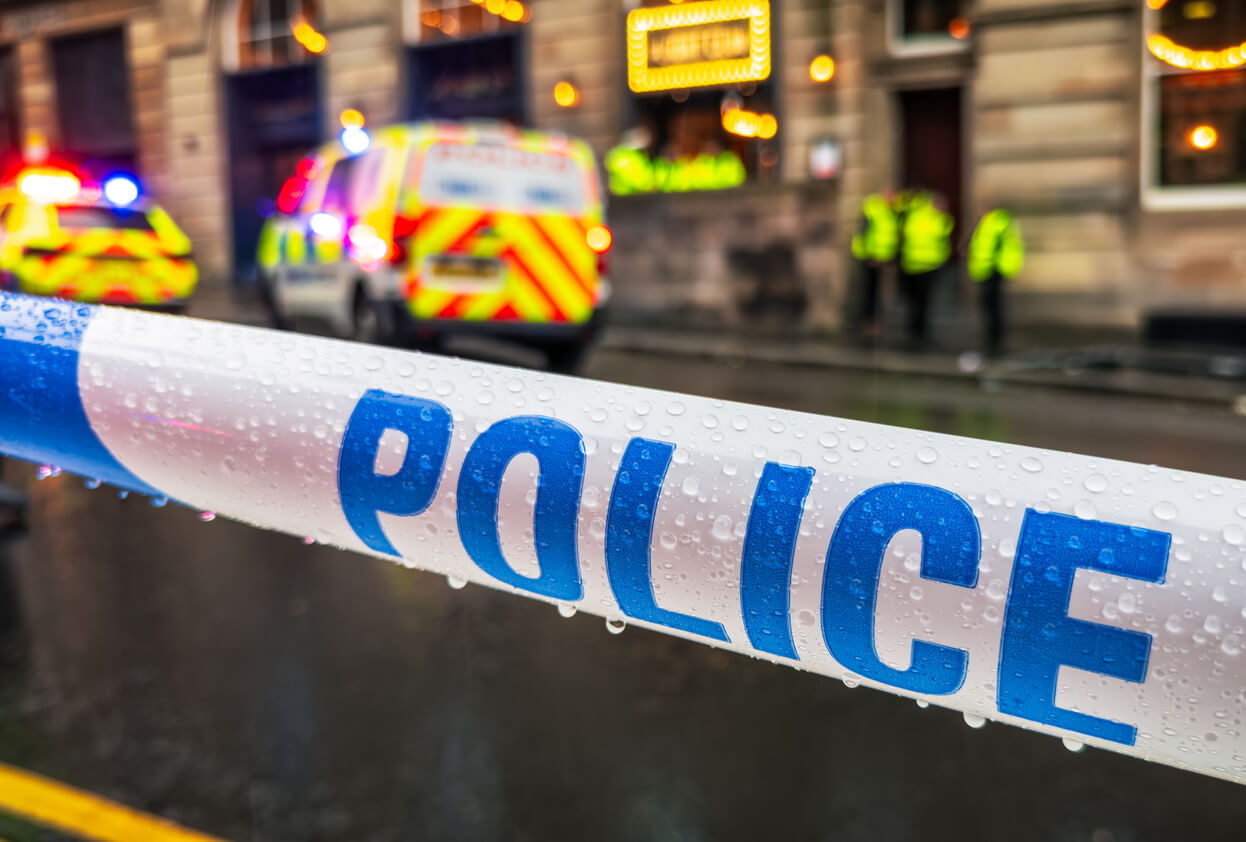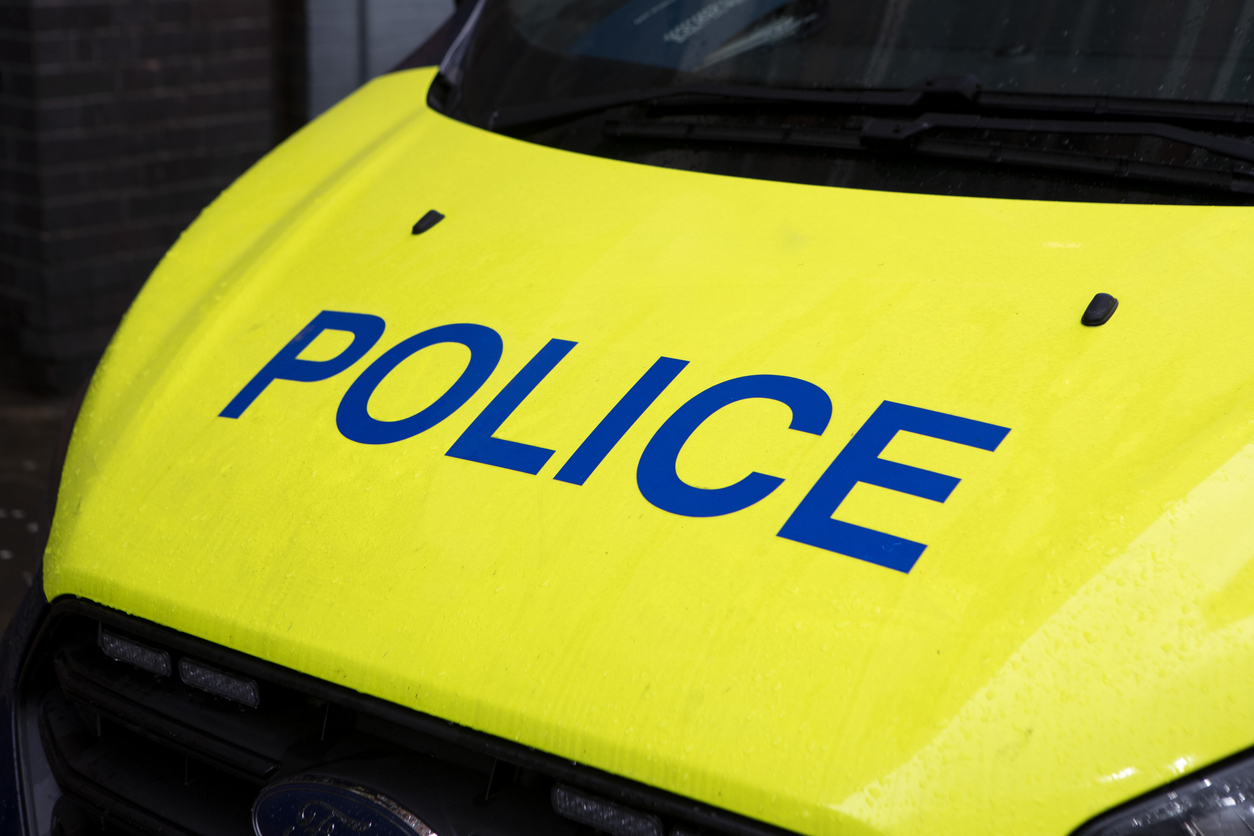What is a Police Caution?
What is a Police Caution?
Being told you are being “offered a police caution” can be a confusing and intimidating experience. Many people believe that a police caution is simply a warning that disappears over time, but in reality, accepting a caution can have significant and long-lasting consequences.
If you are unsure about what a police caution means, whether you should accept one, or what happens next, it’s vital to understand your rights and the possible implications before making any decisions.
This comprehensive guide explains what a police caution is, the different types of cautions available, how they work, and what you can do if you believe one was issued unlawfully.
What is a police caution?
A police caution is a formal warning given by the police to a person who admits to committing a criminal offence. It is designed to deal with minor criminal behaviour without the need for a court prosecution.
A caution is not a criminal conviction, but it does form part of your criminal record and can appear on certain background checks, such as Disclosure and Barring Service (DBS) checks. This can impact future employment, visa applications, travel or professional registration.
To issue a caution, the police must be satisfied that:
- There is enough evidence to prove the offence beyond a reasonable doubt; and
- You admit to the offence voluntarily and without pressure.
Police cautions are used to offer a proportionate response to less serious offences, while still recording the wrongdoing formally.

Types of police caution
There are two main types of police caution used in England and Wales:
While both are official acknowledgements of guilt, they differ in the requirements placed upon the person receiving them and the potential consequences of non-compliance.
What is a simple caution?
A simple caution is issued when you admit to an offence, but no further conditions or requirements are attached. It acts as an official warning that your behaviour was criminal, but the matter ends there; you will not face court or prosecution unless you commit further offences.
Simple cautions are most often given for minor or first-time offences, such as:
- Low-value shop theft
- Minor criminal damage
- Possession of a small amount of drugs
- Disorderly behaviour
Even though simple cautions are not criminal convictions, they are recorded on the Police National Computer (PNC) and may appear on standard or enhanced DBS checks. They can therefore affect certain jobs, especially those involving work with children, vulnerable adults, or positions of trust.
What is a conditional caution?
A conditional caution is more serious than a simple caution. It also requires you to admit to the offence, but in addition, you must comply with specific conditions imposed by the police or the Crown Prosecution Service (CPS).
The conditions are designed to either:
- Rehabilitate you,
- Encourage you to make amends, or
- Prevent further offending.
Examples of conditions include:
- Paying compensation to a victim.
- Making a written or verbal apology.
- Attending rehabilitation or drug awareness courses.
- Completing unpaid community work.
- Agreeing to restrictions or supervision for a set period.
If you fail to comply with the conditions of a conditional caution, you can be prosecuted for the original offence.
Like simple cautions, conditional cautions are recorded on the PNC and can show up on DBS checks.
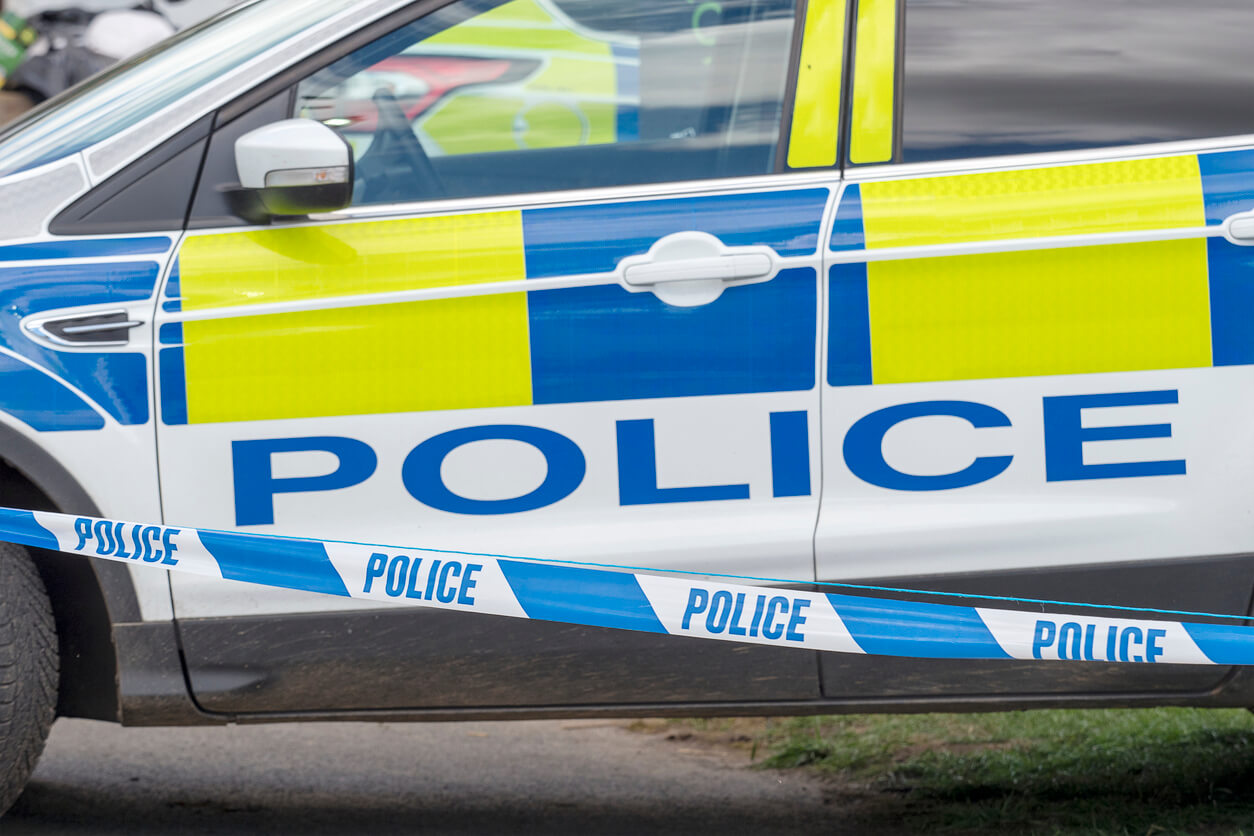
When is a police caution given?
A police caution is usually given for low-level or first-time offences, where a formal warning is considered an appropriate response instead of prosecution.
Cautions are not suitable for serious crimes, repeat offenders, or situations where the suspect denies the offence. The decision to issue a caution must meet specific legal criteria:
- There must be sufficient evidence for a realistic prospect of conviction.
- The suspect must admit the offence voluntarily.
- The suspect must understand the nature and effect of a caution.
- It must be in the public interest to issue a caution rather than pursue prosecution.
The police will typically consider factors such as your previous criminal record, the seriousness of the offence, and whether you show remorse before offering a caution.
What is the correct police process for giving a caution?
The police must follow a strict legal process when issuing a caution. If this process is not followed correctly, the caution may be unlawful and open to challenge.
The key steps are as follows:
- The police must clearly explain your rights, including your right to legal advice and your right to remain silent.
- You must be informed of the allegation and the evidence against you.
- You must admit the offence voluntarily without coercion or inducement.
- The officer must explain the consequences of accepting a caution, including that it will be recorded on the PNC.
- You must consent to the caution and, in most cases, sign a caution form confirming your understanding.
If you are not given a chance to obtain legal advice or were misled about the impact of the caution, this can make it invalid.
Can I refuse a police caution?
Yes. You are under no legal obligation to accept a caution.
However, if you refuse to accept it, the police may decide to charge you and refer the case to court instead. This means the offence could result in a criminal conviction if you are found guilty.
Before making this decision, it is essential to speak to a criminal defence solicitor who can explain the pros and cons of accepting a caution based on your circumstances. In some situations, refusing a caution may be the right choice, particularly if the evidence is weak or you do not believe you are guilty of the offence.
Can I challenge a police caution afterwards?
Yes, in certain circumstances, you can challenge a police caution after it has been issued.
- You may be able to request that it be withdrawn or deleted if:
- You did not admit the offence, or your admission was not made freely.
- You were not properly informed of your rights or the consequences.
- There was insufficient evidence to support the caution.
- The police did not follow the correct procedures under PACE (Police and Criminal Evidence Act 1984).
If successful, the caution may be removed from your record and deleted from the PNC. However, challenges can be complex, and success often depends on having strong legal representation and supporting evidence.
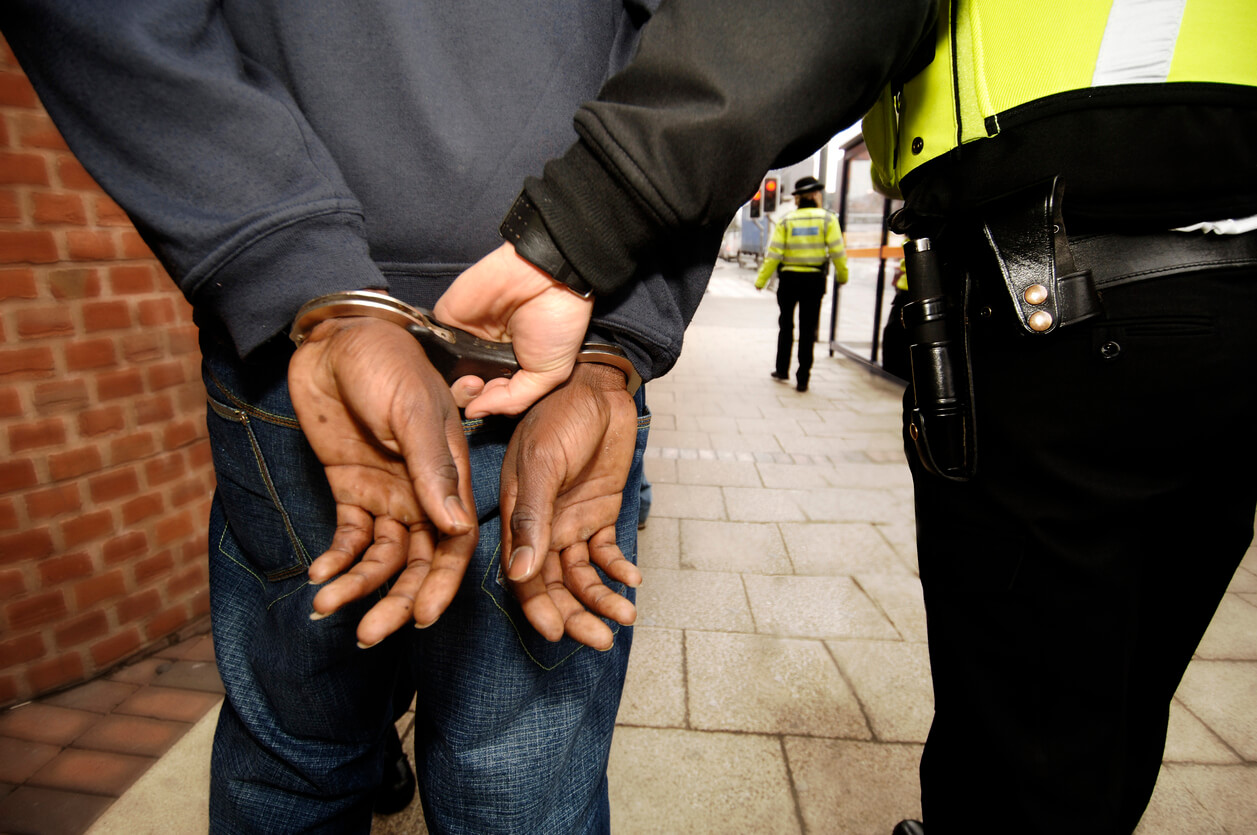
How long does a police caution last?
A police caution remains on the Police National Computer indefinitely as part of your criminal record. However, its disclosure depends on the type of background check and the nature of the offence.
- Under the Rehabilitation of Offenders Act 1974, a simple caution is considered “spent” immediately. This means you generally don’t have to disclose it to employers, unless the job requires a standard or enhanced DBS check.
- On DBS checks, cautions are usually filtered (removed) after six years for adults and two years for under-18s, unless they relate to certain serious or sexual offences.
Even when spent or filtered, some employers, especially in sensitive sectors, may still see a caution on your record.
Can I get a police caution removed?
It is possible, in some circumstances, to have a police caution removed from your record. This involves applying through the Record Deletion Process.
You can request deletion if you believe the caution was:
- Unlawfully issued.
- Disproportionate or unfair.
- Based on false or unreliable information.
- Causing ongoing harm or injustice (for example, affecting your employment).
Applications are made to the Data Office of the police force that issued the caution. A solicitor can help prepare a detailed submission and supporting evidence to increase your chances of success.
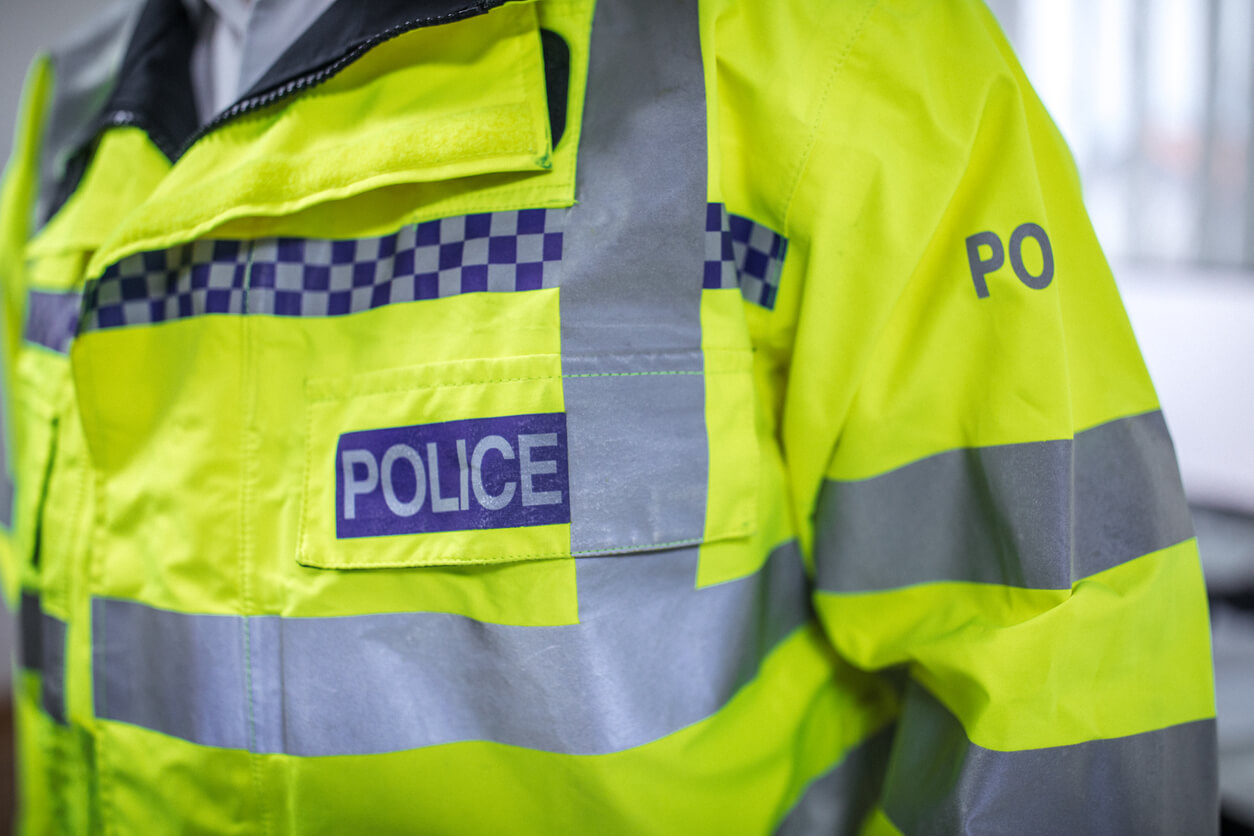
What to do if you feel your police caution was given unlawfully
If you believe that a police caution was given unfairly, without proper explanation, or under pressure, you should seek specialist legal advice immediately.
Your solicitor can:
- Review the circumstances under which the caution was given.
- Determine whether the police followed the correct procedure.
- Advise whether you can challenge or remove the caution.
- Help you make a police misconduct claim if your rights were breached.
Acting quickly is important — delays may make it harder to obtain relevant records or evidence.
HNK Solicitors can help if you have suffered police misconduct
At HNK Solicitors, we specialise in claims against the police and protecting individuals whose rights have been breached. Our expert team has extensive experience helping clients challenge unlawful arrests, detentions and other acts of police misconduct.
If you believe you were treated unfairly or unlawfully by the police, contact HNK Solicitors today for free, confidential advice. We can even take cases on a no-win, no-fee basis. Our specialist lawyers can help you understand your rights, take action to protect your reputation, and hold the police accountable.






